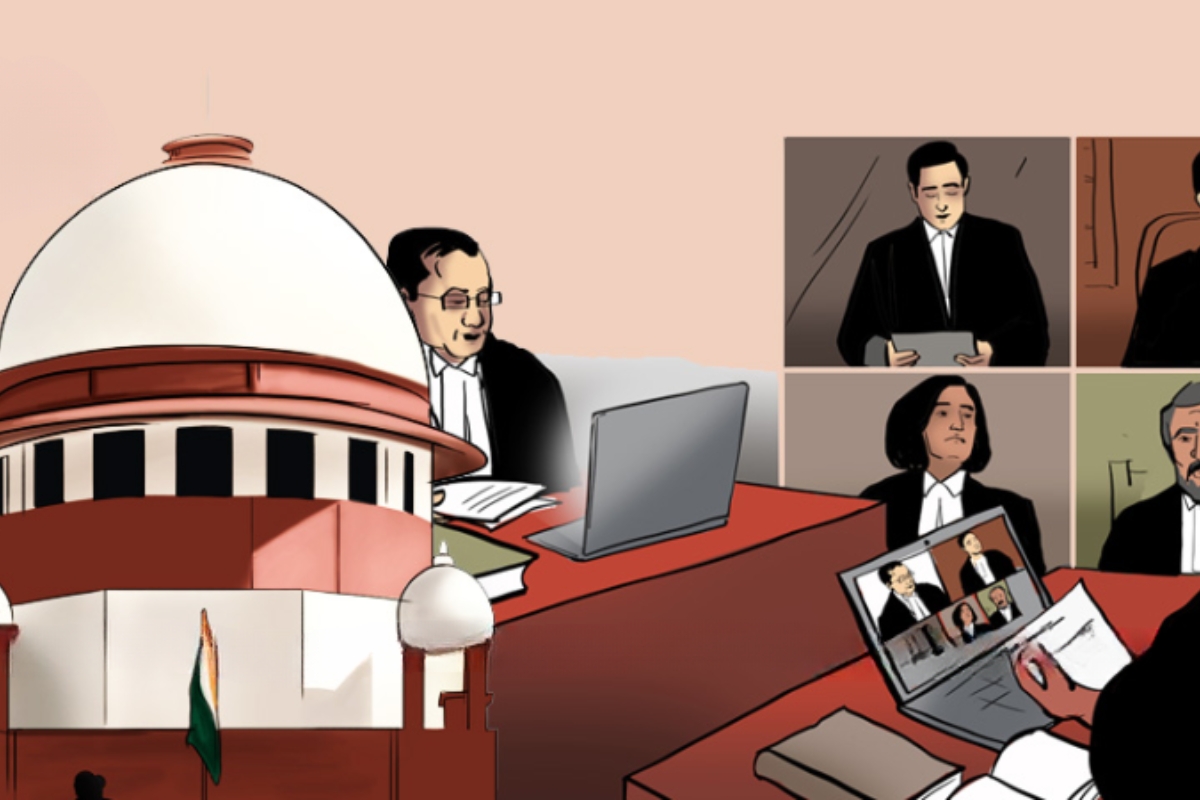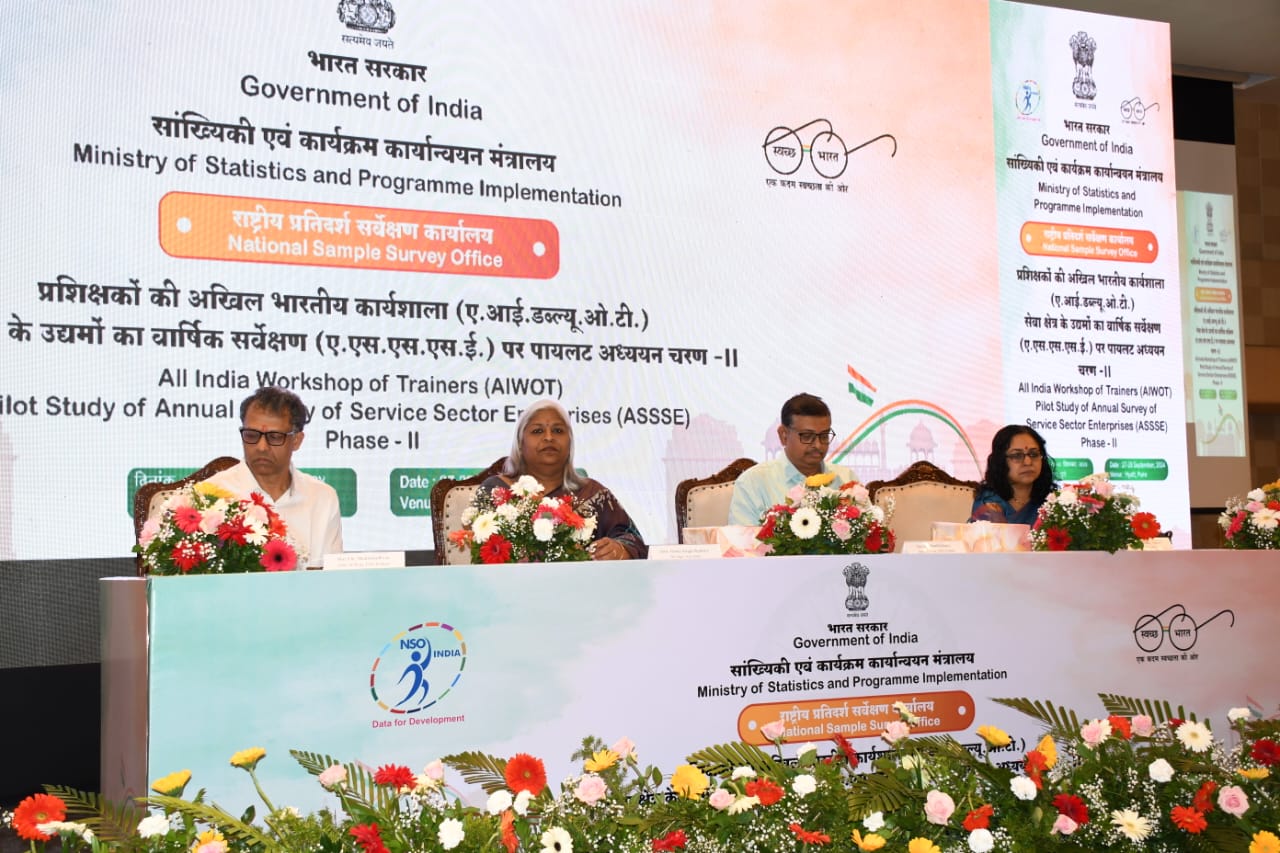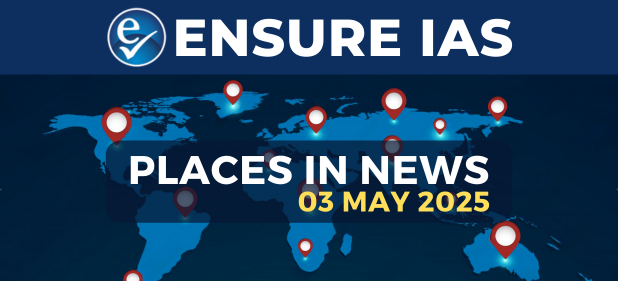- Courses
- GS Full Course 1 Year
- GS Full Course 2 Year
- GS Full Course 3 Year
- GS Full Course Till Selection
- CSAT
- 5 LAYERED ARJUNA Mentorship
- Public Administration Optional
- Online Program
- GS Recorded Course
- NCERT (Recorded 500+ Hours)
- Polity Recorded Course
- Geography Recorded Course
- Economy Recorded Course
- AMAC Recorded Course
- Modern India, Post Independence & World History
- Environment Recoded Course
- Governance Recoded Course
- Science & Tech. Recoded Course
- International Relations and Internal Security Recorded Course
- Disaster Management Module Course
- Ethics Recoded Course
- Essay Recoded Course
- Current Affairs Recoded Course
- ABOUT US
- OUR TOPPERS
- TEST SERIES
- FREE STUDY MATERIAL
- VIDEOS
- CONTACT US
Payment mechanism for traders simplified
Payment mechanism for traders simplified
18-04-2024
What is a Special Rupee Vostro Account (SRVA)?
- India has made it easier for traders to pay for pulses imported from Myanmar. They now use a direct payment system in Indian Rupees (INR) and Myanmar Kyat. This system relies on a unique type of bank account called a Special Rupee Vostro Account (SRVA) held at Punjab National Bank.
How SRVAs Work
- SRVAs promote the use of the Indian Rupee in international trade, reducing reliance on "hard currencies" (those easily exchanged on global markets, like the US dollar).
- Unlike standard Rupee Vostro accounts, using an SRVA requires approval from India's central bank, the Reserve Bank of India (RBI).
The SRVA Process
- Invoicing: Transactions must be stated and billed in Indian Rupees.
- Exchange Rates: Exchange rates between India and its trade partner's currencies are determined by market forces.
- Settlement: Final payments happen entirely in Indian Rupees.
How It Works in Practice
- Indian banks open SRVA accounts for banks located in trade partner countries.
- Indian importers pay for goods from those countries in Rupees directly into these SRVAs.
- Indian exporters receive payment in Rupees from the SRVAs of their trade partners.
- Banks give priority to exports when deciding how to use the Rupee funds in SRVAs.
- All transactions must follow India's Foreign Exchange Management Act (FEMA) regulations.
Bank Eligibility for SRVAs
- Banks from partner countries must work with an authorized Indian bank to open an SRVA.
- The Indian bank gets approval from the RBI and provides details about the arrangement.
- Indian banks must verify that the foreign bank is not from a country on a list of high-risk or uncooperative countries created by the Financial Action Task Force (FATF).
- Indian banks provide financial information about the foreign bank.
- A single Indian bank can open multiple SRVAs for banks in the same country.
FAQs:
Q1: What is the Financial Action Task Force (FATF)?
- Financial Action Task Force (FATF) is an international organization that sets standards for anti-money laundering and counter-terrorism financing.
- The G7 organized the FATF in 1989 and it has 39 member countries and nine regional bodies.
- The FATF researches how money is laundered and terrorism is funded, and assesses whether countries are taking effective action.
- The FATF's standards have been implemented by more than 200 countries and jurisdictions.
The FATF works on the following areas:
- Asset recovery, Beneficial ownership, Corruption, Digitalization, Environmental crime, Financial inclusion and NPO issues, Proliferation financing, Terrorist financing, and Virtual assets.
- The FATF does not take part in law enforcement, investigations, or prosecutions. The FATF Secretariat is housed at the OECD, and the member countries of the FATF and the OECD overlap to a large degree.
-
India became the 34th member of the FATF in 2010.



